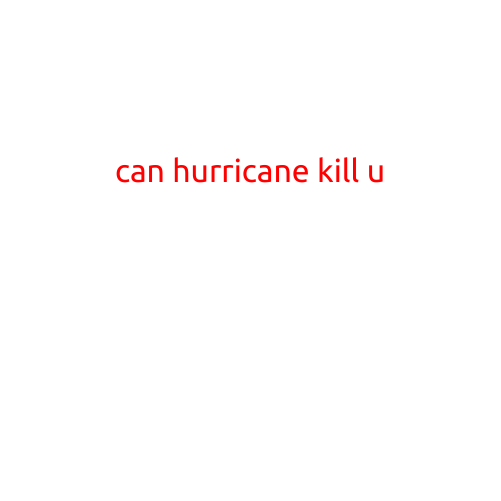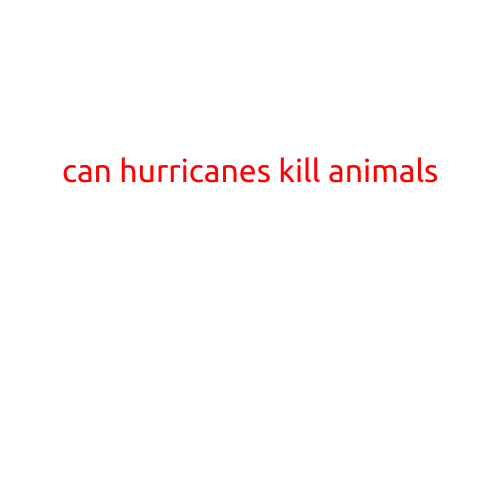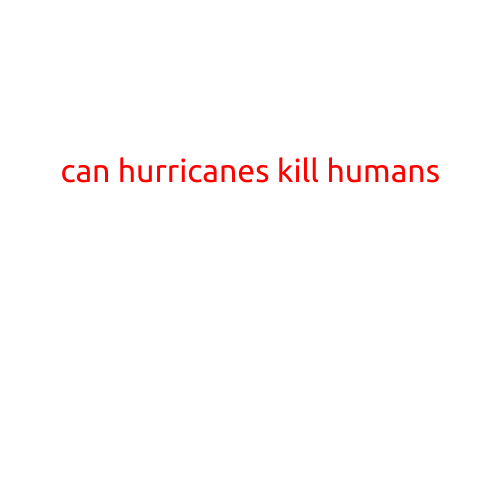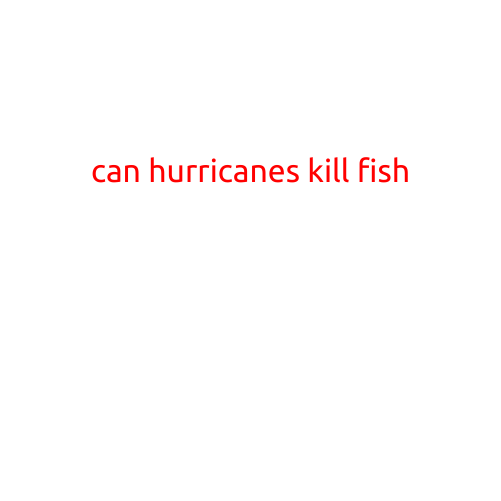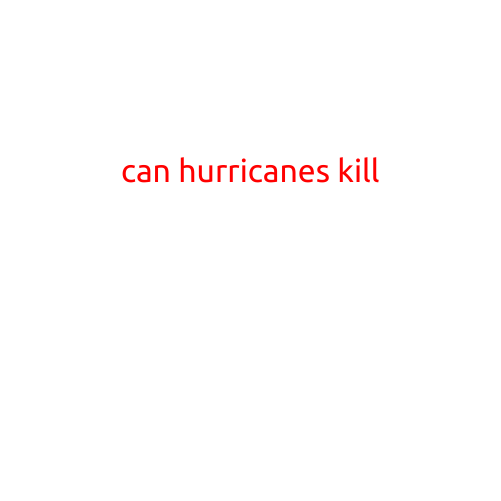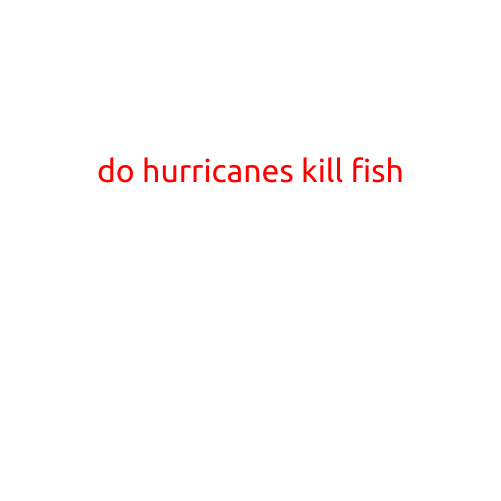
Do Hurricanes Kill Fish?
Hurricanes are powerful storms that can bring destruction and devastation to coastal communities and marine ecosystems. The impact of a hurricane on fish populations is a critical concern, as it can have significant effects on the environment and the economy. In this article, we will explore the ways in which hurricanes can affect fish and the impact it can have on the marine ecosystem.
The Effects of Hurricanes on Fish
Hurricanes can cause significant harm to fish populations through a variety of mechanisms. During a hurricane, fish may be forced to flee their normal habitats in search of shelter and safety. This can lead to changes in their behavior, social structure, and even physiology. For example, fish may:
- Migrate to deeper waters: Fish may move to deeper waters to escape the storm surge, which can result in changes to their diet, growth rates, and reproduction.
- Shift habitat use: Fish may change their habitat use in response to changed water temperatures, salinity, and oxygen levels. This can alter the distribution of fish species and affect the overall biodiversity of the marine ecosystem.
- Experience physiological stress: Fish may experience physiological stress due to changes in water temperature, acidity, and dissolved oxygen levels. This can lead to increased mortality rates and reduced resistance to disease.
- Be affected by storm-generated debris: Storm-generated debris, such as wood, rocks, and other materials, can damage fish habitats and injure or kill fish.
The Impact of Hurricanes on Fish Populations
The impact of hurricanes on fish populations can be significant and long-lasting. For example:
- Population decline: Hurricanes can cause significant declines in fish populations due to mortality, changes in behavior, and changes in habitat use.
- Changes in species composition: Hurricanes can alter the composition of fish species in an ecosystem, leading to changes in the food web and ecosystem function.
- Loss of biodiversity: Hurricanes can lead to loss of biodiversity, as some species may not be able to adapt to the changed conditions.
- Economic impacts: Hurricanes can have significant economic impacts on fisheries and aquaculture industries, leading to losses and job disruptions.
Conclusion
Hurricanes can have devastating effects on fish populations and marine ecosystems. Understanding the mechanisms by which hurricanes affect fish and the impact this can have on the environment and economy is crucial for developing effective conservation and management strategies. By studying the effects of hurricanes on fish, we can better prepare for and respond to these events, and work to protect the marine ecosystem and its inhabitants.
